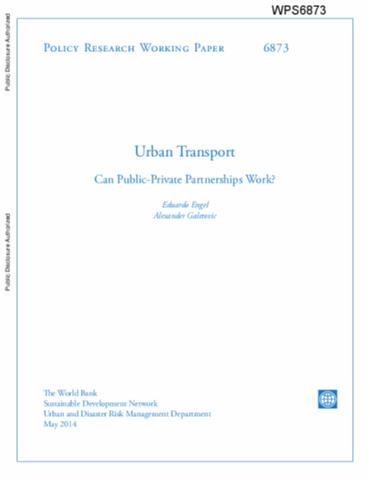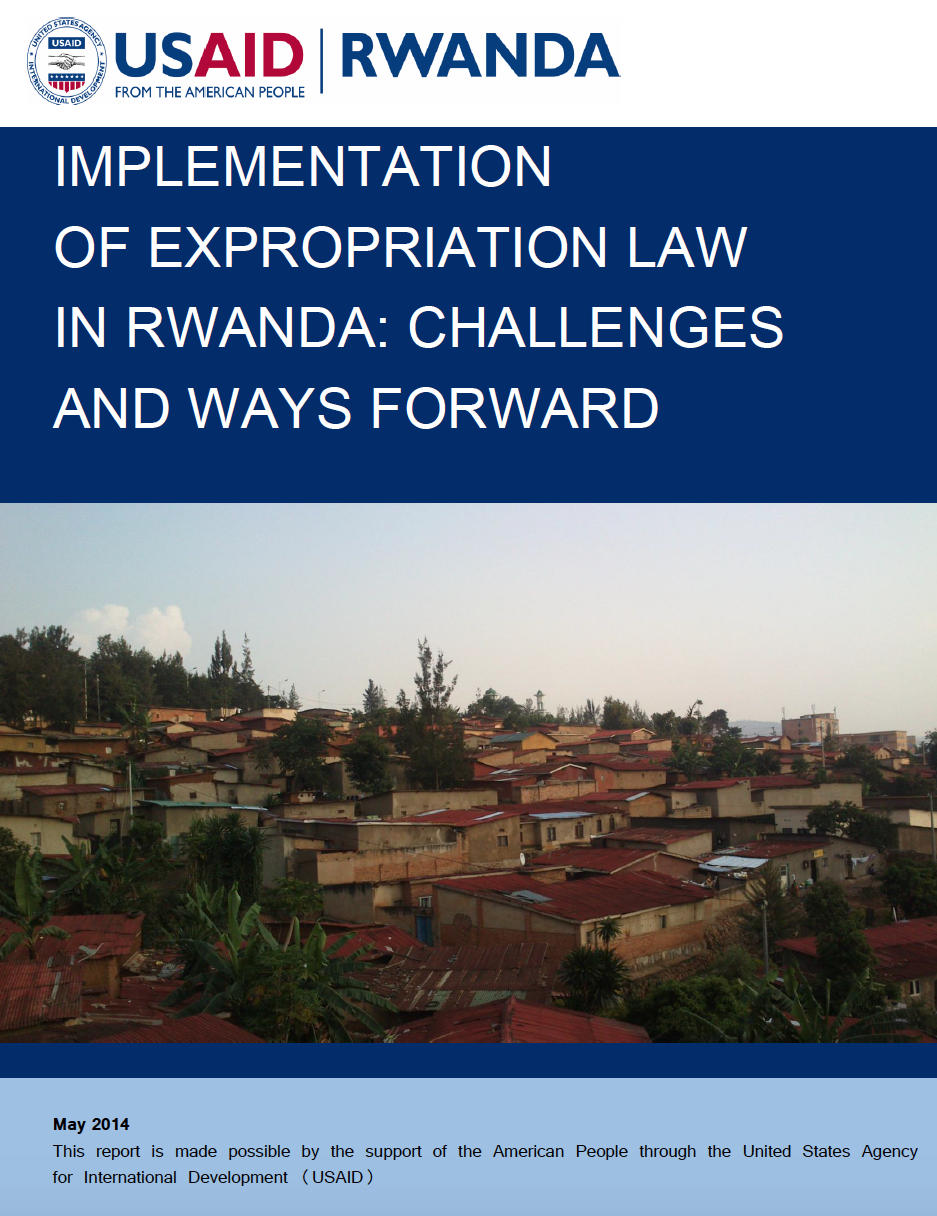BURMA/MYANMAR: Farmers face prison sentences for trespassing and move to remote prisons
President of Myanmar, U Thein Sein, announced that the government cannot give back over 30,000 acres of paddy land that the state has been using since it was confiscated by the army two decades ago. On the one hand the President ordered state and regional governments and land management committee to cooperate with members of the parliament to solve the problem of land grabbing cases. On the other hand he has announced the government cannot handover some land back.





